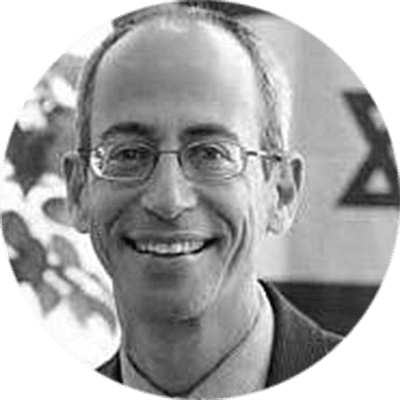Taking Our Schools L’ayla Ul’ayla
If you were to ask your students to describe the process of teshuvah, my hunch is that most would echo some version of Rambam’s Hilchot Teshuvah: regret and renounce the sin, resolve not to do it again, and when the opportunity to sin occurs again, take a pass. This Maimonidean response is a good one and makes sense.
Less familiar is a different model of teshuvah, that of HaRav Kook, which focuses not so much on our faults, misdeeds, and sins as on our missed potential. The Maimonidean approach addresses our weaknesses. The Kookian model is meant to activate and magnify our strengths. Maimonides’ model looks back on the past to fix and repair. HaRav Kuk’s approach looks forward. It seeks out new possibilities. It is meant to take us L’ayla Ul’ayla, above and beyond where we are at now.
Here’s how HaRav Kook explains teshuvah (translation by Ben Zion Bokser):
In the great channel in which the life-sustaining force flows, there is revealed the unitary source of all existence, and in the hovering life-serving spirit of penitence, all things are renewed to a higher level of the good, the radiant, and the pure. Penitence is inspired by the yearning of all existence to be better, purer, more vigorous, and on a higher plane than it is. Within this yearning is a hidden life force for overcoming every factor that limits and weakens existence. The particular penitence of the individual and certainly of the group draws its strength from this source of life, which is always active with never-ending vigor.
According to HaRav Kook, there is built into nature, in general, and human nature, in particular, a power that is pushing all beings to go beyond the status quo and strive for something higher. Our continual drive to evolve and grow, teshuvah, isn’t just about attending to our faults and flaws but about shining a light on our areas of goodness that we can expand.
The Kookian model of teshuvah is a good framework to use not only to think about personal goals but also about the purpose of our schools. A Jewish high school, for example, must be college preparatory; otherwise, it will cease to exist. However, a stellar university acceptance record must not be the sum total of a school’s purpose. It is too inner-focused.
As important as they are, academics are about the student’s own grades, resume, and path to success. It’s about “me.” Going L’ayla Ul’ayla is about challenging students to develop concerns beyond themselves and helping them realize that the world is in need of repair and that others need them. It’s about training one’s ears to hear the call of those around us and not just the call within us. It’s about getting students to dream not just about what they want to get from the world but what they want to contribute to the world. It’s about developing a duty to serve.
During this High Holiday season, a school in the spirit of HaRav Kook would ask its students and itself institutionally not just what needs to be fixed inside themselves, but what needs to be fixed outside themselves: What can we do in the year ahead to use our talents to benefit others? What concrete steps can we take in the day, week, or year ahead to shift the focus more from self to others? How can we go L’ayla Ul’ayla?


